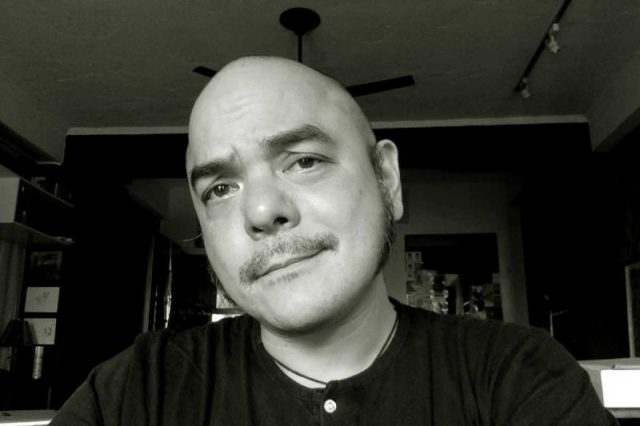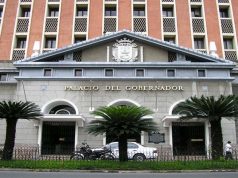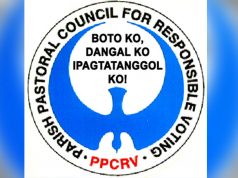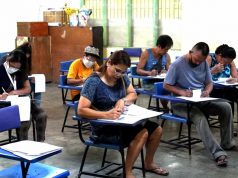
A Facebook post of late cultural activist Carlos Celdran about social media in the Philippine elections resurfaced as Filipinos looked back on how giant platforms influenced voters.
International observers noted that the elections were rife with vote buying, disturbing levels of state and military-orchestrated red-tagging, and incidents of deadly violence.
There was also a “higher level of failure of the electronic voting system than ever before.”
The Commission on Elections disagreed, arguing that election-related incidents were greater in the 2016 polls as compared to the recent one, based on police figures.
The 2022 polls, however, also saw heavier reliance on social media for campaigning, mainly because of the COVID-19 restrictions.
Candidates utilized the internet and Filipinos’ penchant for it to amplify themselves and make their mark on potential voters.
Last year, it was reported by We are Social that the number of social media users in the country was equivalent to 80.7% of its total population.
YouTube also became the most used platform at 97.2%, followed by Facebook at 96.8% and Facebook Messenger at 92.1%.
Instagram ranked fourth at 73.4%, followed by Twitter at 62.7% and TikTok at 48.8%.
The steadying influence of social media on the elections was initially acknowledged in 2016, when the camp of incumbent President Rodrigo Duterte used the internet to spread propaganda during his campaign.
Now, a few social media users recalled what Celdran posted back in March 2019, a few months before his demise, when he talked about how the opposition should “take the social media seriously” months before the midterm elections.
That time, the opposition fielded eight senatorial hopefuls under the “Otso Diretso” slate, including human rights lawyer Chel Diokno, Marawi civil leader Samira Gutoc and former solicitor general Florin Hilbay.
None of them won seats in the upper chamber.
“I think it’s just too late for the Philippines. The opposition will be battered in the next election. They’re all great candidates and logically more moral and competent than the administration idiots BUT unless the opposition decides to take social media seriously, there is no chance.
“Fake profiles and fake news are their enemies. Facebook is the battlefield and that company isn’t doing anything to stop the manipulation by the administration disinformation machine. The ‘good guys’ need to up their game and make Facebook and social media platform companies ACCOUNTABLE for the damaging information being shared—and FOR FREE at that—if they want to win.
“Fake engagements (are) not a fair playing field. Concentrate on this. If not — all your campaigning and good intentions will just go to waste. You’re swimming against a malicious and well-funded, internationally connected tide machine. Mark my words. Mark. My. Words. Play dirty online — or lose. I went through this in 2016.”
His post has earned new comments after the country concluded its 2022 elections.
“He knew it. The next six years will be even more plagued with lies and disinformation. All for corrupt to stay in place and have the masses blinded,” a Facebook user claimed on May 24, 2022.
“And it happened exactly what you have predicted… I can’t blame us all Filipinos, they played around with the people (with) the unlimited funds they have conniving (with) the true oligarchs…” another online user recently claimed.
“Looking back… Tama ka, Carlos,” a different Filipino wrote. The comment has earned “sad” reactions.
“What Carlos Celdran said is really true, it happened this election. Our country will have no future, it will remain poor because we elect corrupt officials,” another commenter claimed.
Two of the most popular apps, TikTok and YouTube, have been notorious for hosting fake news content during the 2022 elections.
A study by researchers from the University of the Philippines found that YouTube has hyperpartisan channels that pose as legitimate news to influence how people look at the 2022 elections before.
A local report that featured the study said that these channels have headlines “riddled with vulgarity and incoherence, footage is cherry picked to discredit news outlets, targeted candidates’ speeches and actions are deliberately misrepresented, and videos are manipulated.”
A TIME report also noted how TikTok played a part in influencing potential voters, saying that there were several videos containing “outright misinformation” regarding the Marcos family.
“But through countless TikTok videos, and other social media posts, a false picture of stability and economic growth has been created that leaves many Filipino voters pining for the ‘better years’ of the Marcos regime,” it said.
The report also interviewed a content creator who makes pro-Marcos videos. He admitted that he sometimes uploads clips “to vex the other party.”









